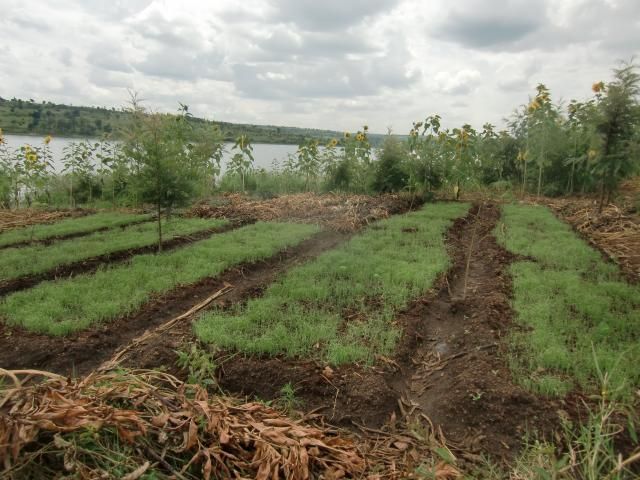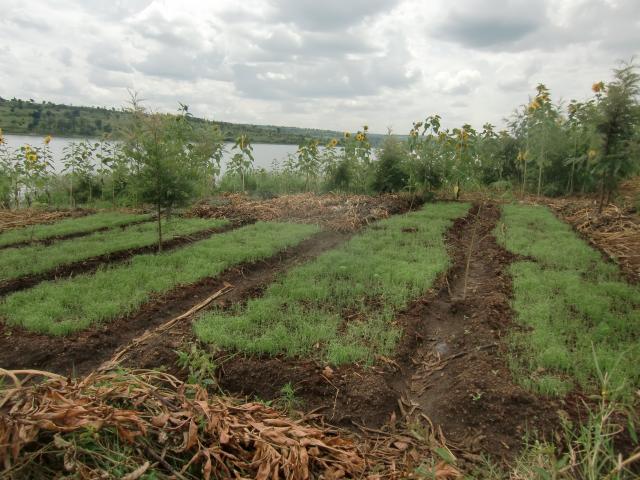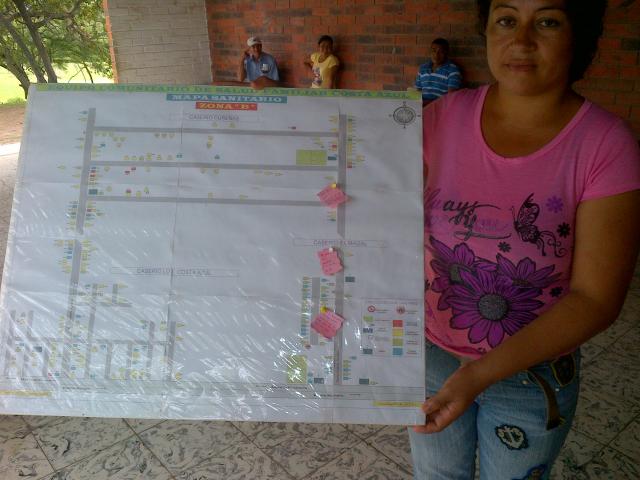Partners Help Reduce Risk Through Disaster Preparedness Program

Today is International Day of Disaster Reduction; an annual observance by the United Nations to raise awareness of how people take action to reduce their risk to disasters. For Episcopal Relief & Development’s partners, however, it’s a reality that they are forced to observe far too frequently.
Our ecumenical partners have a strong history of responding instinctively, quickly and spontaneously to disasters. Over the last several years, as disasters have increased in frequency and intensity, we have grown to recognize opportunities for our partners to analyze, formalize and share their good practices with each other. In 2011, Episcopal Relief & Development convened a working group of 12 of our global ecumenical partners to begin a process to develop a Risk Reduction Toolkit. The toolkit is in the last phase of review, field testing and editing and is expected to be launched next year. The toolbook will include user-friendly tools to assist church communities in enhancing their disaster preparedness, mitigation and response strategies. All the tools are based on best practices from within the Anglican context.

Drought resistant seeds flourishing in Kurundi Province in Burundi
We have seen how the church in El Salvador has facilitated a process of mapping out hazards in vulnerable communities in order to develop escape routes due to flash flooding; or how the church in Sri Lanka has trained 20 clergy and lay leaders to be agents of disaster preparedness activities across the island nation, or how the church in Burundi has utilized better seed varieties to mitigate against annual droughts, or how the church in the Solomon Islands has worked with atoll farmers on a new farming methodology to adapt to rising sea levels. The list could go on.

A community agent in El Salvador holds up a risk map of her village to design a preparedness and mitigation plan
So next year, when the UN observes the 2015 International Day of Disaster Risk, Episcopal Relief & Development, along with our 12 partners, trust that our toolkit will be a valuable resource in encourage more ecumenical partners to take greater action to reduce their risk to disasters.
——————
Nagulan Nesiah is a Program Officer with Episcopal Relief & Development.
Photos Credit: Nagulan Nesiah


